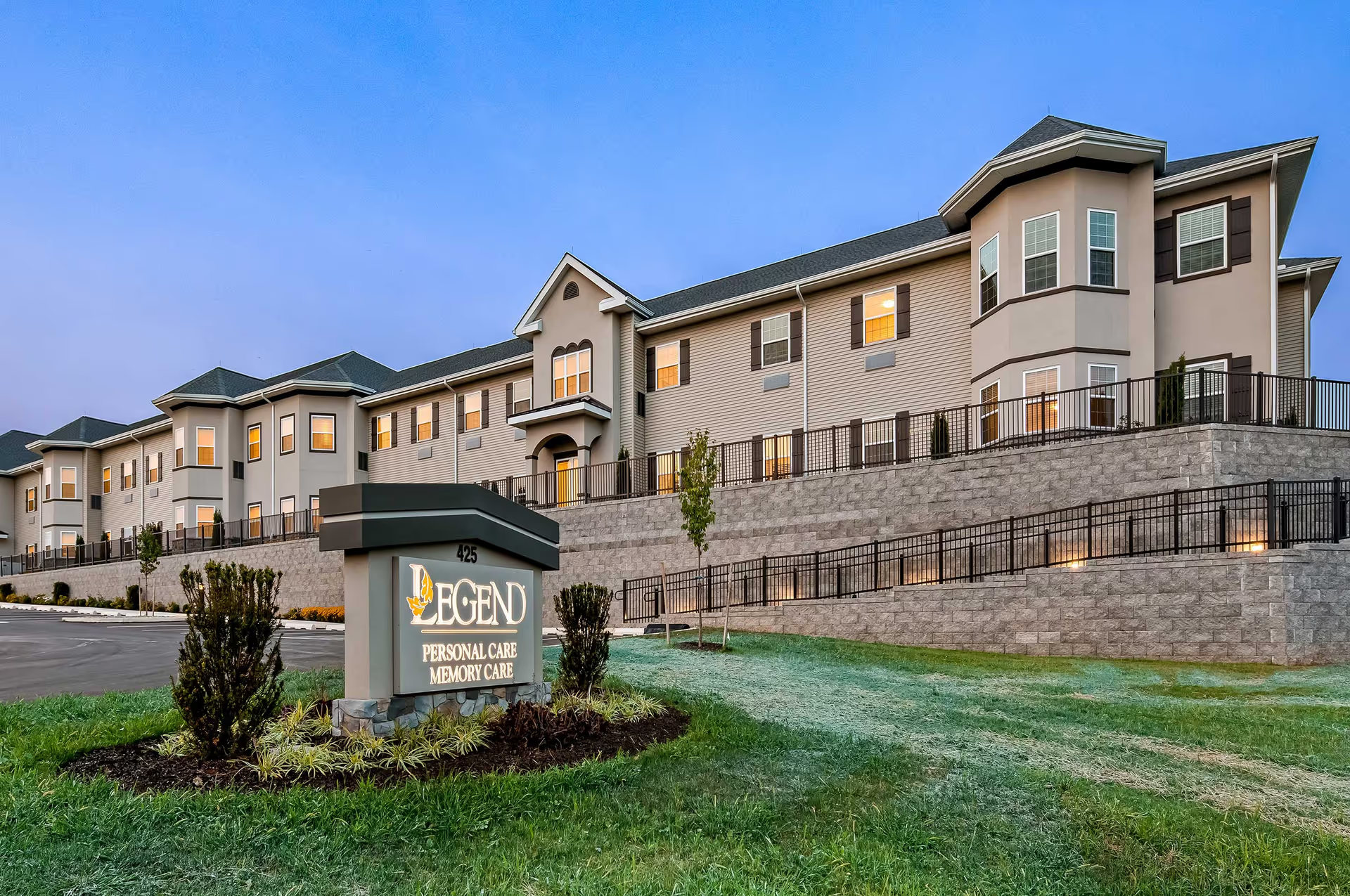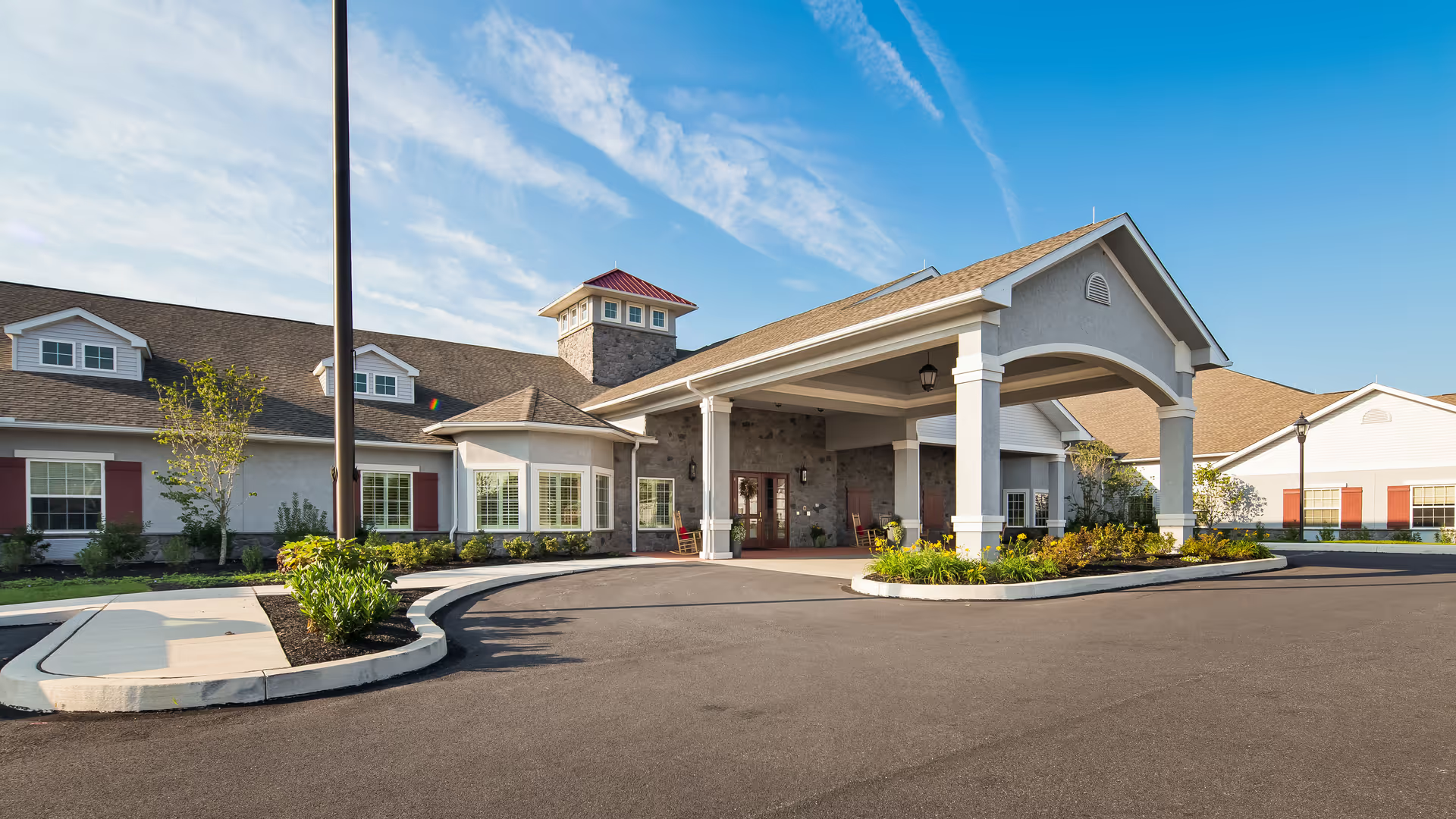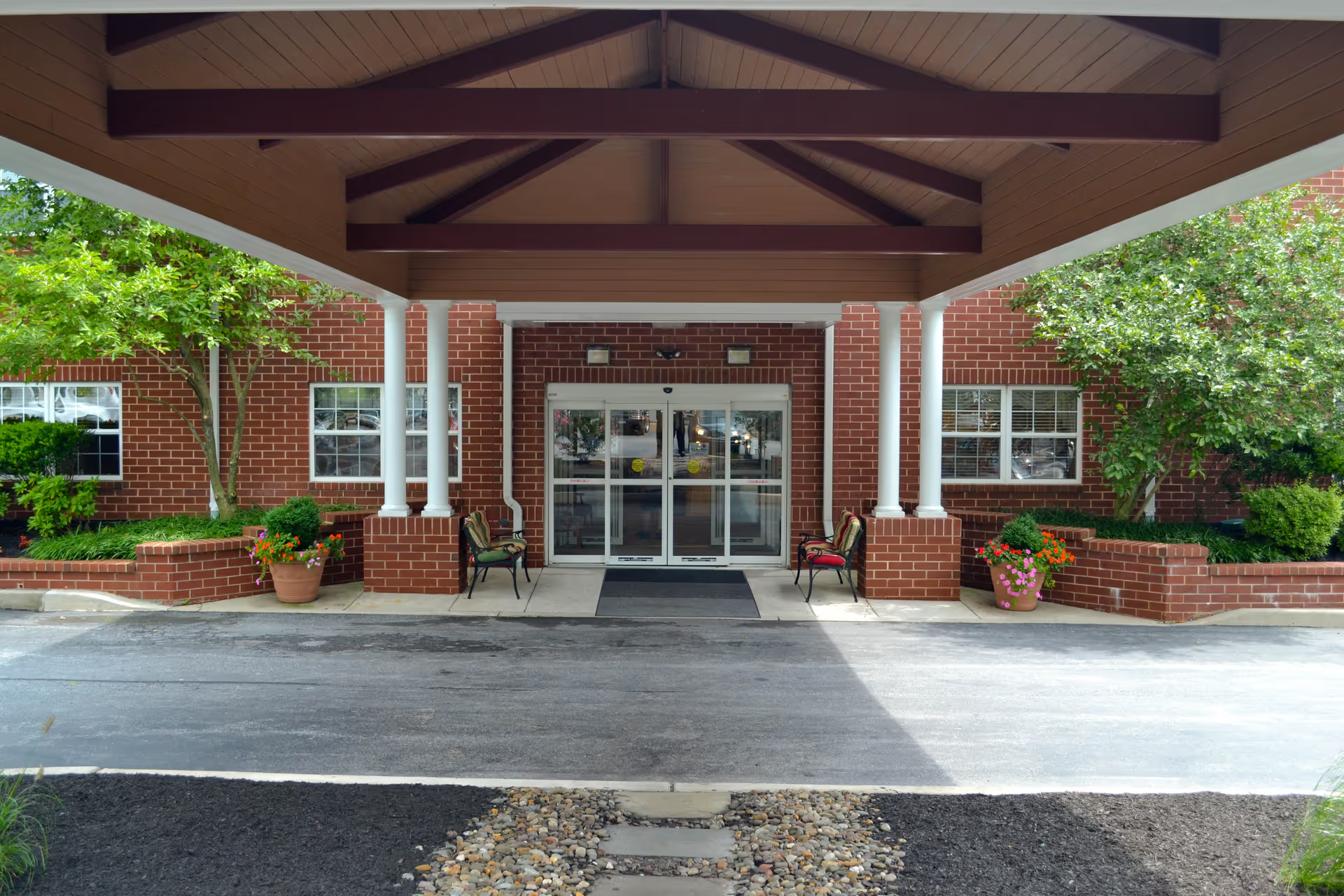Overall sentiment for Brookdale Wilmington is mixed but leans toward positive regarding staff warmth, activity programming, dementia focus, and the facility’s home-like atmosphere. A large number of reviewers praise the caregivers as personable, patient, and genuinely caring; many comment that staff learn residents’ names and families’ names, and several single out the activities director (by name in some reviews) as exceptional. Families frequently report robust activity offerings — both in-house (gardening, exercise, trivia, arts and crafts, bingo, chair exercises) and outings — and regular family communications through emails, newsletters, and social media. Several reviewers describe the facility as clean, well-maintained, secure (double-door entry, locked memory-care unit), and intimate (small community where staff know most residents). Meals are often described as above average and residents’ nutrition and mood improved in some cases. Maintenance and housekeeping receive positive mention from many families, and some reviewers commend responsive leadership and an executive director who listens and follows up.
However, these positive themes are contrasted by numerous and sometimes severe negative reports that create a pattern of inconsistent quality. Several reviewers describe lapses in basic personal care and hygiene — unwashed residents, sheets not changed, ongoing laundry problems, and missing or lost personal items (clothing and jewelry). Multiple accounts raise safety concerns: falls (including falls in bathrooms), delayed staff response to emergencies, unobserved staff during critical times, and at least one report of a resident found semi-conscious. Weekend staffing gaps and times with few caregivers on duty are repeatedly mentioned as exacerbating these risks. There are also troubling allegations of medical and dental neglect: mouth sores and poor oral care noted by a dentist, a resident dehydrated after diarrhea leading to an emergency, and claims of aggressive or inappropriate medication use (appetite stimulants, overmedication). A few reviews escalate to allegations of staff drinking on the job and passing medications while impaired; these are serious claims that several families urge should trigger investigation.
Management, communication, and billing practices show wide variability in experiences and are frequent sources of complaint. While some families praise an involved and responsive administration that provides thorough tours and follow-up, others describe unprofessional management, poor responsiveness to concerns, and meetings that produced little change. Financial transparency is a repeated friction point: reviewers report high fees compared with local competitors, substantial monthly rent increases, and at least one report of deceptive initial pricing quoting. There are also allegations that negative feedback is discouraged or that reviews have been deleted, which fuels distrust among some families.
Facility condition and cleanliness receive mostly positive remarks, but there are notable counterexamples. Many visitors and family members call the community clean, well-kept, and pleasant-smelling, with a spa-like or homey atmosphere. Conversely, a minority of reviews report dirty rooms, bathroom issues, unmade beds, soiled linens, and even pest infestations (roaches/bed bugs cited in a few accounts). These conflicting reports suggest inconsistent housekeeping or lapses tied to certain staff or shifts rather than universal facility-wide problems.
Activity programming is commonly highlighted as a strength, particularly the enthusiasm and creativity of the activities staff. Several reviews describe an energetic activities director who engages residents, organizes outings, posts photos, and communicates consistently with families. Still, multiple reviewers observe insufficient one-on-one attention during activities, with some residents left sitting in front of the TV or not encouraged to participate. This pattern suggests that while programming breadth is strong, staffing levels or volunteer support for activities are sometimes inadequate to proactively involve all residents.
A clear overarching theme is variability: many families report excellent, compassionate, and attentive care that creates peace of mind, while a substantial minority report serious care failures and safety issues. The small size of the community (cited as 37 patients in one review) appears to be a double-edged sword — it enables personalized, family-like care when staffing and leadership are consistent, but it also makes the community vulnerable to staffing shortages, shift-to-shift variability, and the impact of individual staff performance. Reviews recommend careful, specific vetting during tours: ask about laundry and personal belongings policies, staffing levels by shift (including weekends and nights), emergency response and fall history, medication administration procedures, dental/oral hygiene protocols, financial policies and fee increases, and how the facility handles complaints and incident investigations.
In summary, Brookdale Wilmington demonstrates significant strengths in dementia-focused care, activity programming, and the warmth of many caregivers, creating positive experiences for many families. Yet there are recurrent, serious reports of inconsistent caregiving, safety lapses, hygiene and laundry problems, medication/dental neglect, and billing or marketing concerns. Prospective families should balance the abundant positive testimonials (especially about the activities and staff who consistently excel) with the negative reports, conduct multiple unannounced visits if possible, and obtain clear, written answers on critical operational and clinical protocols before making a placement decision.







